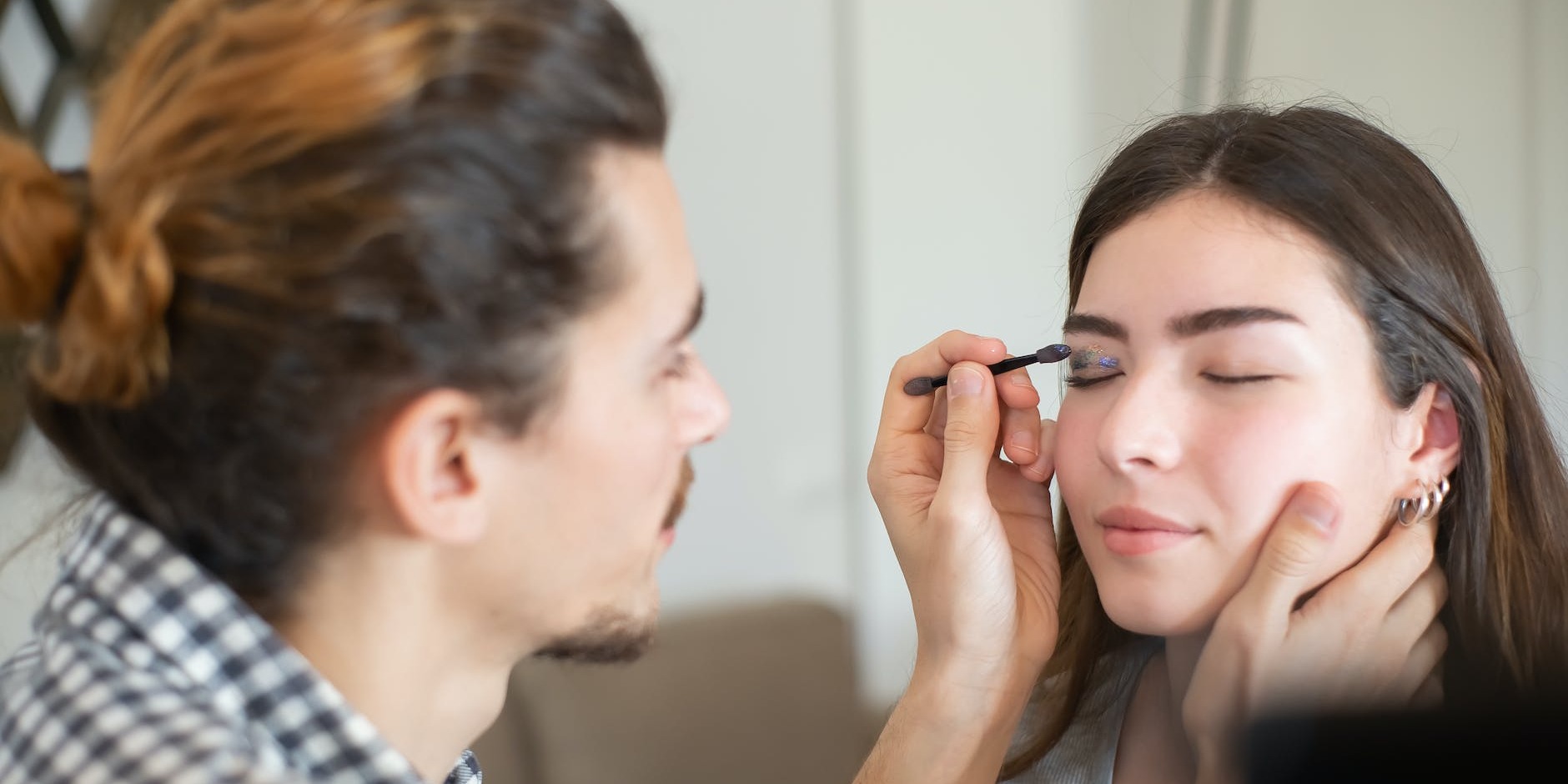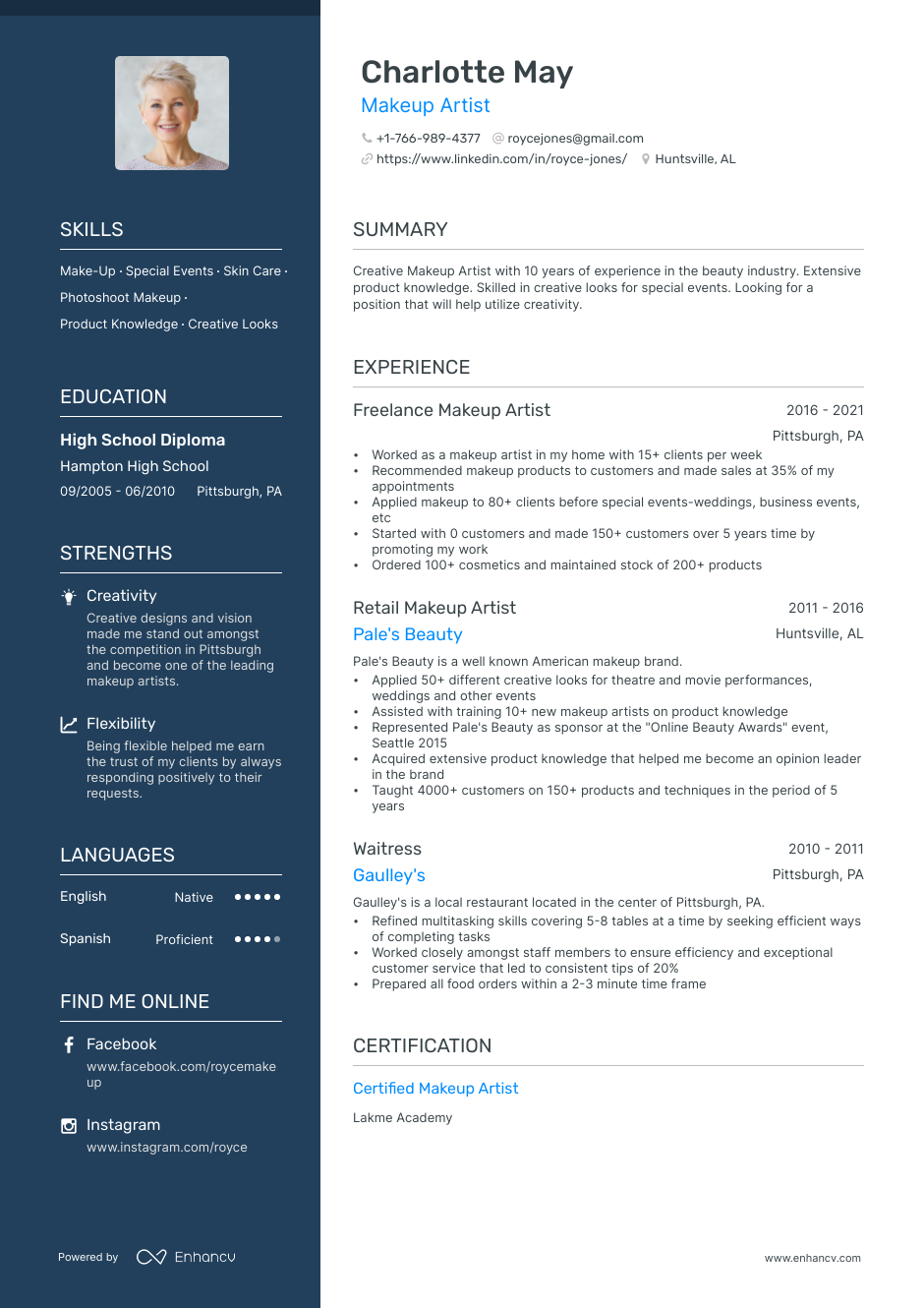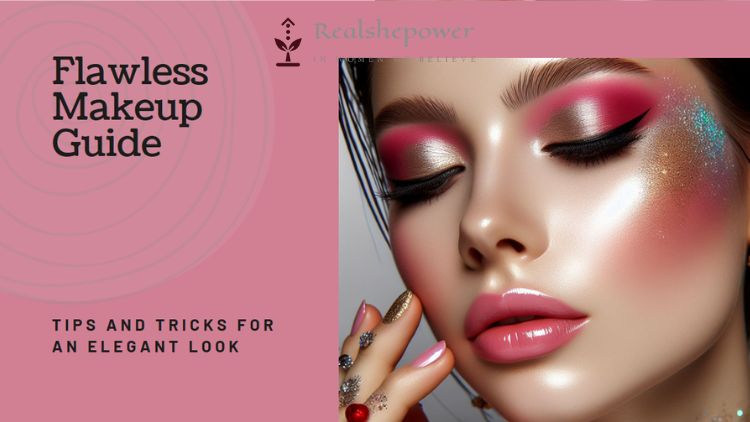“Easy Makeup Artist: A Comprehensive Guide to Starting Your Career
Related Articles Easy Makeup Artist: A Comprehensive Guide to Starting Your Career
- Clear Skin Beauty Hacks: Your Ultimate Guide To A Radiant Complexion
- Chic Glam: Mastering The Art Of Effortless Elegance
- The Art Of The Everyday: Mastering Your Daily Makeup Routine
- Cute Beauty Tips: Unleash Your Inner Sparkle
- Dramatic Cruelty-Free Beauty: Unleashing Bold Looks With A Conscious
Introduction
On this special occasion, we are excited to explore an engaging topic related to Easy Makeup Artist: A Comprehensive Guide to Starting Your Career. Join us as we weave together valuable insights and fresh perspectives to bring a new dimension to your understanding.
Table of Content
Easy Makeup Artist: A Comprehensive Guide to Starting Your Career

The beauty industry is a dynamic and ever-growing field, with makeup artistry being one of its most accessible and rewarding branches. Becoming a makeup artist can seem daunting, but with the right approach, it’s entirely achievable, even if you’re starting from scratch. This guide will walk you through the steps to becoming a successful makeup artist, focusing on building a solid foundation, honing your skills, and launching your career.
1. Assessing Your Passion and Skills
Before diving into the world of makeup artistry, it’s crucial to take a step back and evaluate your passion and existing skills.
- Passion for Makeup: Do you genuinely enjoy experimenting with makeup? Are you fascinated by the transformative power of cosmetics? A genuine passion will fuel your motivation and drive you through the challenges of building a career.
- Artistic Eye: Makeup artistry is, at its core, an art form. Do you have an eye for color, balance, and symmetry? Can you visualize how different shades and textures will work together on a face?
- Attention to Detail: Flawless makeup application requires meticulous attention to detail. Can you spot imperfections and correct them with precision?
- Interpersonal Skills: As a makeup artist, you’ll be working closely with clients. Are you a good listener? Can you communicate effectively and make people feel comfortable and confident?
- Willingness to Learn: The beauty industry is constantly evolving, with new products, techniques, and trends emerging all the time. Are you committed to continuous learning and staying up-to-date?

2. Building Your Foundation: Education and Training
While formal education isn’t always required, it’s highly recommended for aspiring makeup artists. A good makeup artistry course will provide you with the essential knowledge and skills you need to succeed.
- Makeup Artistry Courses: Look for reputable makeup schools or academies that offer comprehensive courses covering a wide range of topics, including:
- Basic Makeup Application: Foundation, concealer, powder, blush, bronzer, highlighter
- Eye Makeup: Eyeshadow blending, eyeliner techniques, mascara application, brow shaping
- Lip Makeup: Lip liner application, lipstick application, lip gloss application
- Color Theory: Understanding color palettes, complementary colors, and how to choose the right colors for different skin tones
- Skin Anatomy and Physiology: Understanding skin types, skin conditions, and how to prepare the skin for makeup
- Hygiene and Sanitation: Proper sanitation practices to prevent the spread of bacteria and infections
- Product Knowledge: Understanding different types of makeup products, their ingredients, and their uses
- Bridal Makeup: Techniques for creating long-lasting and camera-ready bridal looks
- Editorial Makeup: Techniques for creating high-fashion and avant-garde makeup looks
- Special Effects Makeup (SFX): Techniques for creating realistic wounds, scars, and other special effects (optional)

- Online Resources: In addition to formal courses, there are many valuable online resources available, such as:
- YouTube Tutorials: Many professional makeup artists share their knowledge and techniques on YouTube.
- Online Courses: Platforms like Skillshare and Udemy offer affordable makeup artistry courses.
- Blogs and Articles: Beauty blogs and magazines provide valuable insights into the latest trends and techniques.
- Practice, Practice, Practice: The key to mastering makeup artistry is practice. Practice on yourself, friends, and family members to hone your skills and develop your own unique style.
3. Assembling Your Makeup Kit
A well-stocked makeup kit is essential for any makeup artist. Start with the basics and gradually expand your collection as you gain experience and take on more clients.
- Foundation: A range of shades to match different skin tones and types
- Concealer: Light, medium, and full coverage concealers
- Powder: Loose and pressed powder for setting makeup
- Blush: A variety of shades to complement different skin tones
- Bronzer: A matte bronzer for contouring and adding warmth
- Highlighter: A range of highlighters for adding radiance
- Eyeshadow Palette: A versatile palette with a mix of neutral and colorful shades
- Eyeliner: Pencil, gel, and liquid eyeliners
- Mascara: Volumizing, lengthening, and waterproof mascaras
- Lipstick: A range of shades and finishes
- Lip Liner: A variety of shades to match different lipsticks
- Makeup Brushes: A set of high-quality brushes for applying different types of makeup
- Sponges: Makeup sponges for blending foundation and concealer
- Setting Spray: To keep makeup in place all day
- Makeup Remover: To remove makeup gently and effectively
- Sanitizing Products: Brush cleaner, hand sanitizer, and disinfectant wipes
4. Building Your Portfolio
A strong portfolio is crucial for showcasing your skills and attracting clients.
- Photoshoots: Collaborate with photographers, models, and stylists to create high-quality images of your work.
- Before-and-After Photos: Take before-and-after photos of your clients to showcase the transformative power of your makeup skills.
- Social Media: Use social media platforms like Instagram, Facebook, and TikTok to share your work and connect with potential clients.
- Website: Create a professional website to showcase your portfolio, services, and pricing.
5. Marketing Yourself
To attract clients, you need to market yourself effectively.
- Networking: Attend industry events, connect with other makeup artists, and build relationships with potential clients.
- Social Media Marketing: Use social media to promote your services, share your work, and engage with your audience.
- Local Advertising: Advertise your services in local newspapers, magazines, and online directories.
- Word-of-Mouth: Encourage satisfied clients to refer you to their friends and family.
- Collaborations: Partner with local businesses, such as salons and spas, to offer your services to their clients.
6. Pricing Your Services
Determining your pricing can be tricky, but it’s important to charge a fair rate that reflects your skills and experience.
- Research the Market: Find out what other makeup artists in your area are charging for similar services.
- Consider Your Expenses: Factor in the cost of your makeup products, travel expenses, and other overhead costs.
- Value Your Time: Charge an hourly rate that reflects your time and expertise.
- Offer Packages: Create packages that include multiple services, such as bridal makeup and hair styling.
7. Providing Excellent Customer Service
Providing excellent customer service is essential for building a loyal client base.
- Be Punctual: Arrive on time for appointments and be prepared to start working immediately.
- Listen to Your Clients: Take the time to understand your clients’ needs and preferences.
- Be Professional: Maintain a professional demeanor at all times.
- Be Friendly and Approachable: Make your clients feel comfortable and relaxed.
- Follow Up: Check in with your clients after their appointments to ensure they are satisfied with your services.
8. Staying Updated with Trends
The beauty industry is constantly evolving, so it’s important to stay up-to-date with the latest trends.
- Follow Beauty Influencers: Follow beauty influencers on social media to stay informed about the latest products and techniques.
- Read Beauty Magazines and Blogs: Read beauty magazines and blogs to learn about new trends and products.
- Attend Makeup Workshops and Seminars: Attend makeup workshops and seminars to learn new techniques and network with other makeup artists.
9. Building a Strong Online Presence
In today’s digital age, having a strong online presence is crucial for attracting clients and building your brand.
- Create a Professional Website: Your website should showcase your portfolio, services, pricing, and contact information.
- Use Social Media Effectively: Use social media platforms like Instagram, Facebook, and TikTok to share your work, engage with your audience, and promote your services.
- Optimize Your Website and Social Media Profiles for Search Engines: Use relevant keywords to make it easier for potential clients to find you online.
- Encourage Clients to Leave Reviews: Positive reviews can help you attract new clients and build your reputation.
10. Managing Your Finances
As a self-employed makeup artist, it’s important to manage your finances wisely.
- Create a Budget: Track your income and expenses to stay on top of your finances.
- Save for Taxes: Set aside a portion of your income to pay your taxes.
- Invest in Insurance: Protect yourself from liability by investing in professional liability insurance.
- Consider Hiring an Accountant: An accountant can help you manage your finances and file your taxes.
Tips for Success
- Specialize: Consider specializing in a particular area of makeup artistry, such as bridal makeup, editorial makeup, or special effects makeup.
- Be Patient: Building a successful career as a makeup artist takes time and effort. Don’t get discouraged if you don’t see results immediately.
- Be Persistent: Keep practicing, networking, and marketing yourself.
- Be Passionate: Let your passion for makeup artistry shine through in your work.
- Never Stop Learning: The beauty industry is constantly evolving, so it’s important to stay up-to-date with the latest trends and techniques.
Conclusion
Becoming a makeup artist is a challenging but rewarding career path. By following these steps, you can build a solid foundation, hone your skills, and launch your career as a successful makeup artist. Remember to be patient, persistent, and passionate about your work, and never stop learning. With dedication and hard work, you can achieve your dreams of becoming a successful makeup artist.

Closing
With that, we hope this article has provided valuable insights into Easy Makeup Artist: A Comprehensive Guide to Starting Your Career. We hope you found this article both informative and helpful. See you in our next article!



